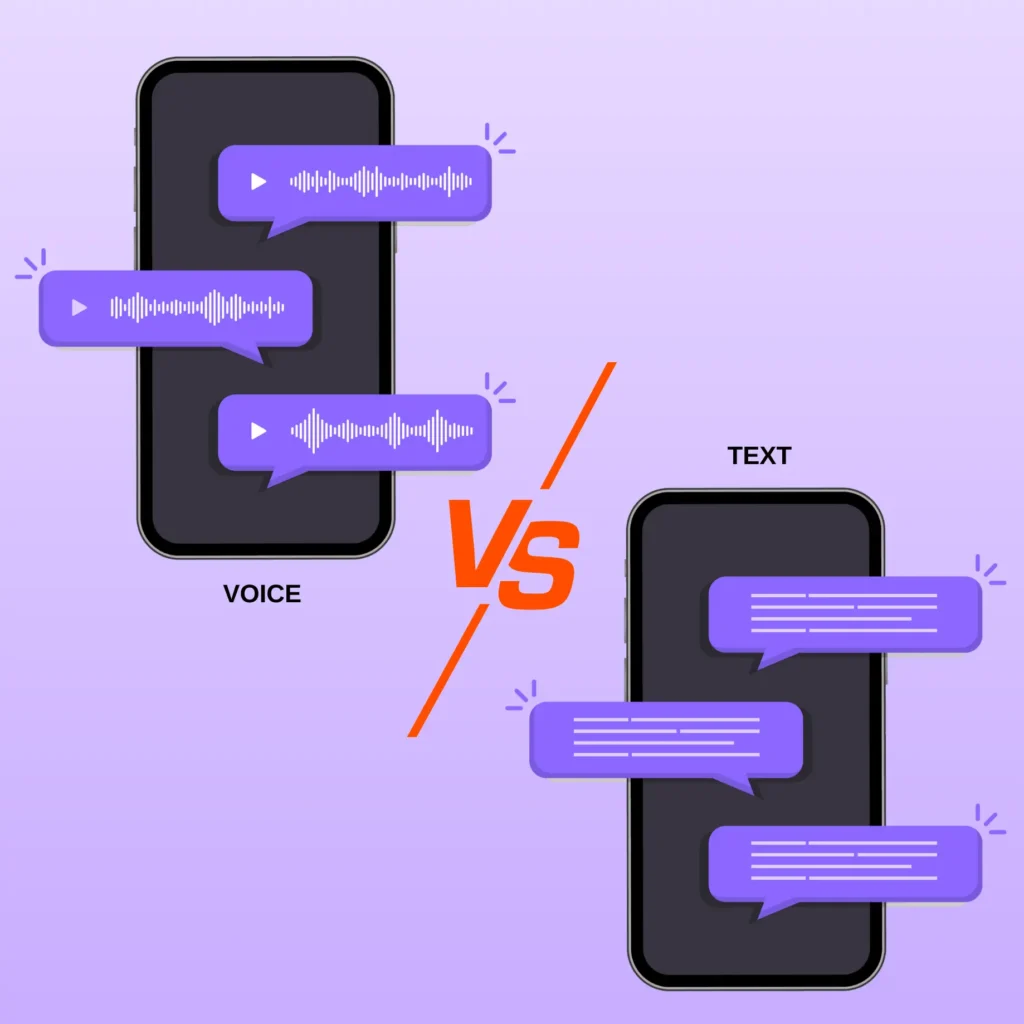You can no longer claim that artificial intelligence (AI) is merely a fad or a trendy term right at this very moment of our lives. Its ability to automate tedious operations and solve complex problems makes it increasingly clear that it has the potential to revolutionize a wide range of sectors. But how specifically is AI changing global industries? Let’s begin.

AI in Retail
Artificial intelligence improves the in-store shopping experience by boosting customer service and offering tailored recommendations. AI-powered algorithms evaluate consumer data to foresee preferences and recommend products customized to personal interests. Retailers are using AI to enhance supply chains and manage inventory, making sure that products are accessible when customers need them.
Customer service is also being significantly impacted by AI. AI-powered chatbots may process orders, answer consumer inquiries, and handle problems while gradually improving their answers via experience.
AI in Farming
AI is helping agriculture by increasing crop yields and using precision farming techniques. AI-enabled gadgets can assess crop health, look at soil conditions, and identify weather trends, providing farmers with real-time information to help them make decisions. This leads to more ecologically friendly farming methods and higher-quality food.
By automating tasks like planting, harvesting, and pest control, artificial intelligence (AI) boosts productivity and reduces the need for physical labor.
AI in Banking
One of the earliest sectors to adopt AI was finance, and the outcomes are clear. One method artificial intelligence is improving banking functions is by automating customer service with chatbots.
Moreover, AI allows the finance industry to combat fraud. AI systems, for instance, can rapidly assess large amounts of transaction data and identify patterns that may indicate fraud. Through the analysis of market trends, evaluation of risks, and implementation of compliance requirements, AI assists banks in saving both time and money.
AI in Education
In education, AI is transforming how students acquire knowledge. AI-driven platforms can evaluate students’ strengths and weaknesses, developing tailored learning journeys that address individual requirements. These systems can adjust in real time, offering extra resources or difficulties according to a student’s performance.
AI is also utilized to automate administrative responsibilities, like grading and scheduling, allowing educators to concentrate on instruction. Through AI, learning becomes increasingly available, effective, and customized to fit the requirements of every learner.
AI in Medicine
Artificial intelligence is bringing about significant change in the healthcare sector and significantly enhancing patient outcomes and treatment. Early disease detection is made possible by AI-powered tools that can quickly and reliably evaluate vast, complex medical data sets. For example, AI algorithms can precisely identify potential issues like tumors or bone fractures and excel at discerning complex patterns in diagnostic images such as X-rays, MRIs, or CT scans.
Furthermore, AI facilitates the customization of treatment strategies, thoughtfully adjusting therapeutic techniques to align with the unique traits of each patient. This tailored approach to medicine enhances treatment efficacy while minimizing risks.
AI in Transportation
Autonomous vehicles and AI-powered traffic management systems demonstrate how AI’s substantial influence on the transportation sector is still in its infancy. There are now self-driving cars on the road, and if technology develops further, we might anticipate a safer and more efficient travel future.
AI enhances logistics and supply chains by lowering costs and speeding up delivery durations. AI systems could determine the optimal delivery truck routes by examining traffic patterns and climatic factors. This would ensure timely delivery and reduce fuel consumption.
AI in Manufacturing
Another sector that has significantly gained from AI is manufacturing. AI-driven automation is increasing output and reducing human errors, thus improving manufacturing efficiency. Predictive maintenance technologies minimize downtime by detecting equipment problems before they worsen, while AI-driven robots effectively perform repetitive tasks.
Custom-trained AI models are also enhancing supply chain management by analyzing vast datasets to ensure materials are delivered on time and production schedules are optimized. With AI leading the way, manufacturers can attain increased output, reduced expenses, and enhanced quality control.
AI in Entertainment
The entertainment sector is adopting AI to boost creativity and simplify production workflows. In movies, AI is utilized for visual effects, writing scripts, and even composing music. AI tools are capable of examining scripts and forecasting audience responses, assisting filmmakers in producing content that connects with viewers.
In the gaming sector, AI is improving player experiences by generating interactive, adaptable environments. Characters driven by AI can adjust to a player’s moves, enhancing the immersion and difficulty of games.
Final Thoughts
AI presents fresh possibilities for innovation, efficiency, and personalization across all sectors. As companies increasingly embrace AI technologies, those that develop AI applications customized to their specific organizational needs will be most well-equipped for future success. The AI revolution has arrived, and it is our responsibility to welcome it.
Are you eager to learn more about the future of AI and the innovations of the coming days? Visit the DaveAI blog today!
Edrian Blasquino
Edrian Blasquino is a college instructor turned wordsmith, with a passion for both teaching and writing. With years of experience in higher education, he brings a unique perspective to his writing, crafting engaging and informative content on a variety of topics. Now, he’s excited to explore his creative side and pursue content writing as a hobby.



